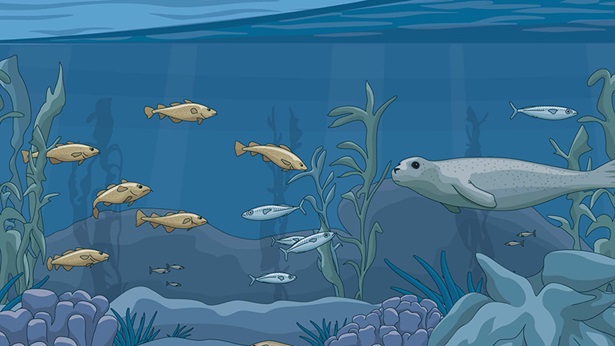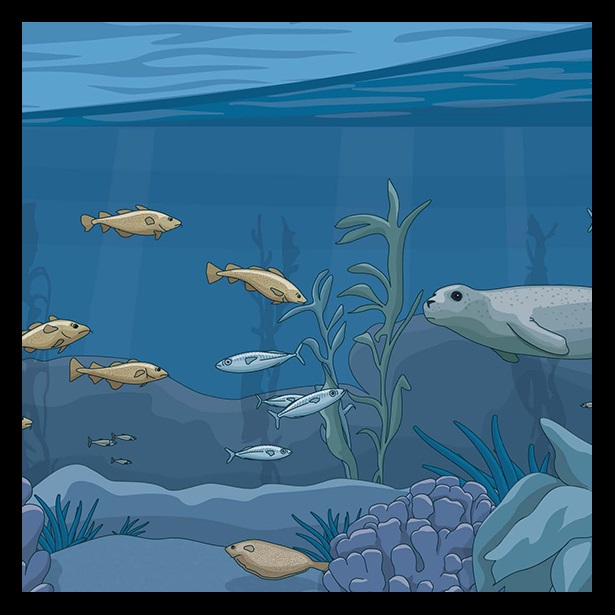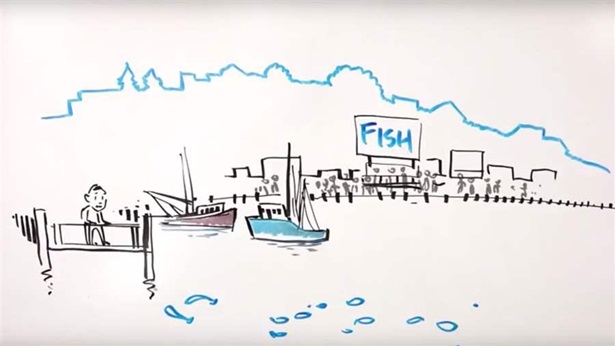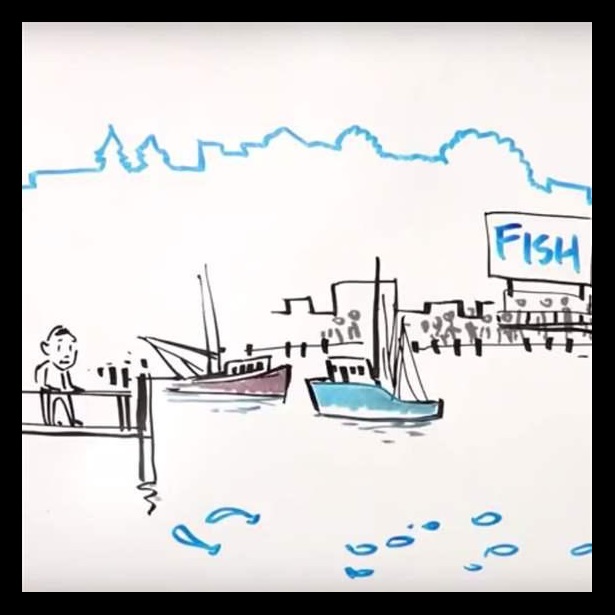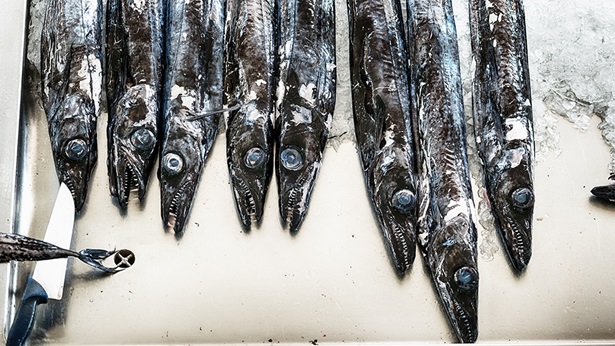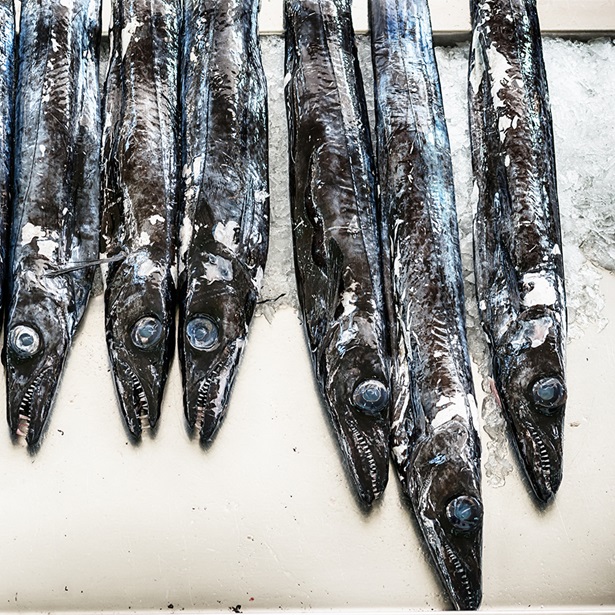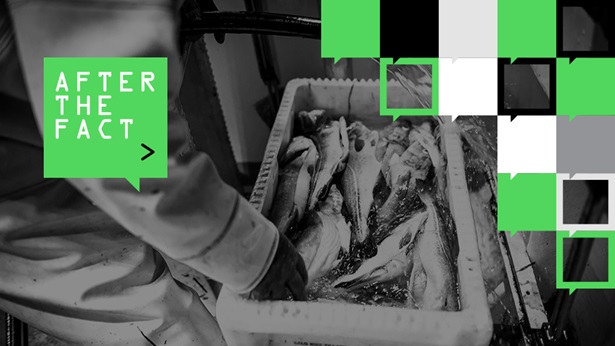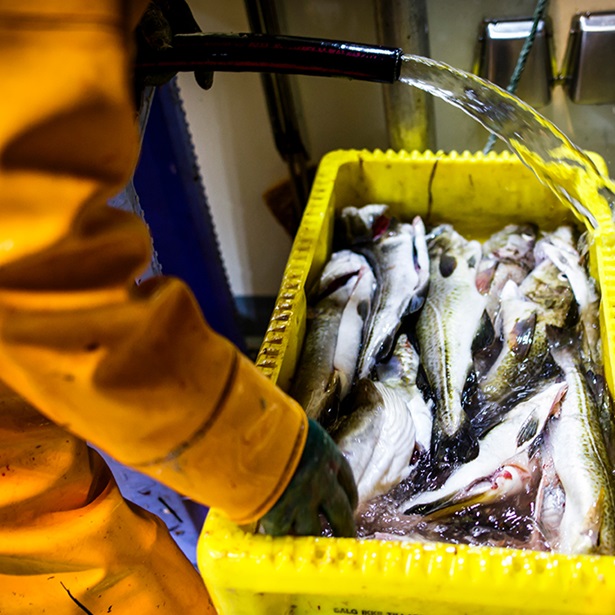For EU, Effort to End Overfishing Is Coming Down to the Wire
At its most critical meeting this year, Fisheries Council must follow science
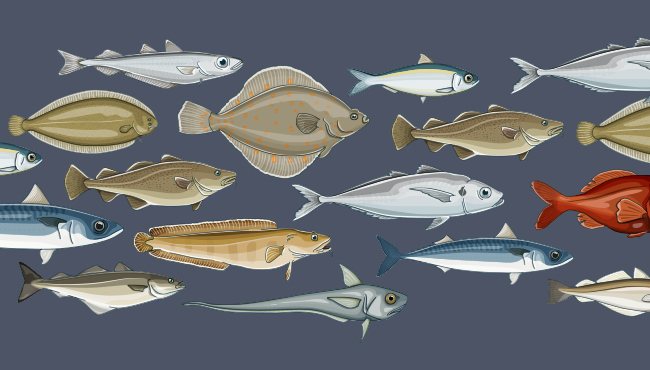
European fisheries ministers will meet in Brussels 17-18 December to set fishing limits for over 100 fish stocks; the meeting will be the Agriculture and Fisheries Council’s third—and final—of this autumn and, if past sessions are any indication, could go into the early morning hours of the 19th.
The gathering follows months of preparation that kicked off in earnest in June when the International Council for Exploration of the Sea (ICES) released scientific advice covering dozens of stocks, and the European Commission issued a Communication on progress toward meeting the goals laid out in the Common Fisheries Policy (CFP).
As part of that lead-up, The Pew Charitable Trusts hosted the Countdown to 2020 conference—a reference to the CFP deadline for ending overfishing in European Union (EU) waters—where European Commissioner for Environment, Maritime Affairs and Fisheries Karmenu Vella emphasized the urgent need to meet that target. That statement is critical right now: Member-state ministers often use the December Council meeting to push for deadline extensions and inflate catches rather than respect the limit advised by scientists. Commissioner Vella and the Council of the European Union Presidency, currently held by Austria (@EU2018AT), need public support to hold ministers to their commitments, especially with the 2020 deadline approaching so quickly.
Intense lobbying typically surrounds the Council meeting, with delegations shuttling between the Council building and nearby hotels to relay and reconsider national priorities with industry representatives; last year, the Council did not adjourn until around 6.30 a.m. on day three.
Ultimately ministers are responsible for fishing limits under the CFP, and for explaining any limits they set that exceed the level advised by scientists. The data are as clear as the 2020 deadline: to end overfishing, ministers must set limits based on science.
The outcome of this December meeting is a test of the EU’s policies, not just domestically but on the world stage—the United Nations’ Sustainable Development Goals and other international commitments also carry a 2020 deadline for ending overfishing. World leaders are increasingly turning their attention to addressing the risks our oceans face. Commissioner Vella, for example, hosted a panel on Global Ocean Leadership at the Our Ocean conference in October in Bali, Indonesia, where he called for more to be done to protect the seas and the species that live in them.
So, when they meet in Brussels later this month, ministers need to stop delaying and secure sustainable EU fisheries. We are urging ministers to #RespectTheLimit.
For more on this meeting we’ve summarized how the decisions are made and how ministers have done in recent years in prior analysis pieces, an animation, an issue brief, and a summary of a conference Pew hosted in February.
Andrew Clayton directs The Pew Charitable Trusts’ efforts to end overfishing in Northwestern Europe.
